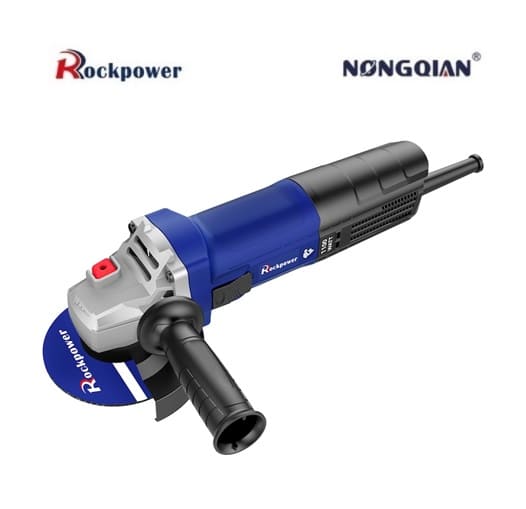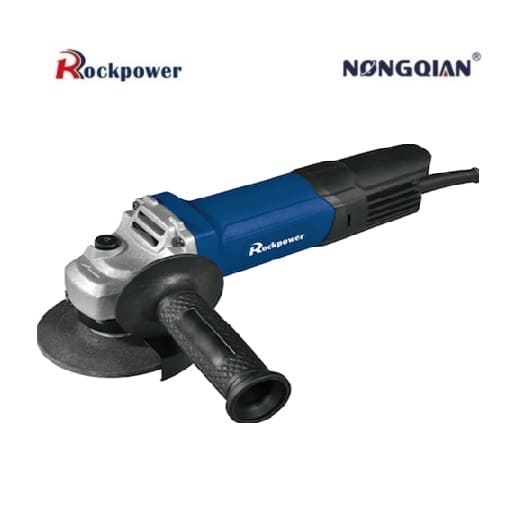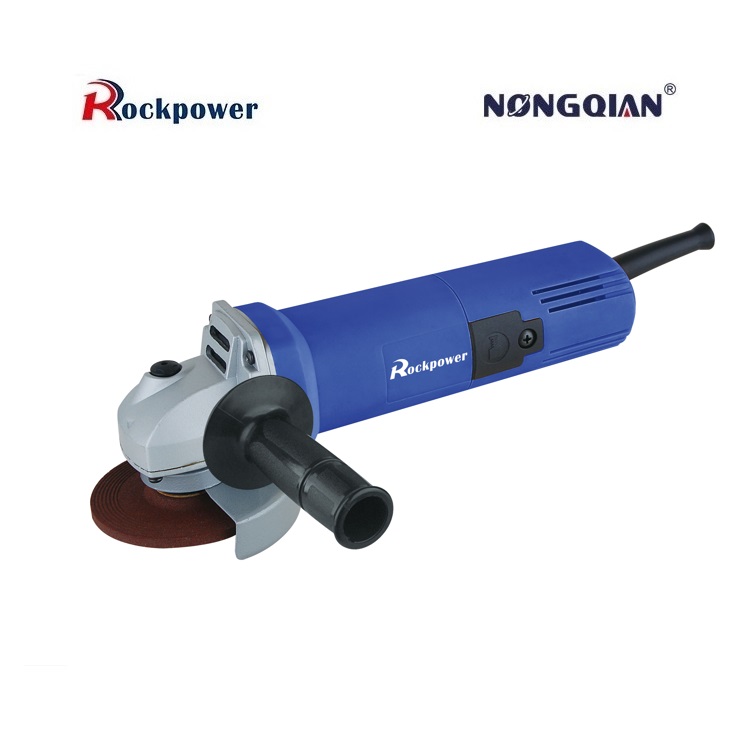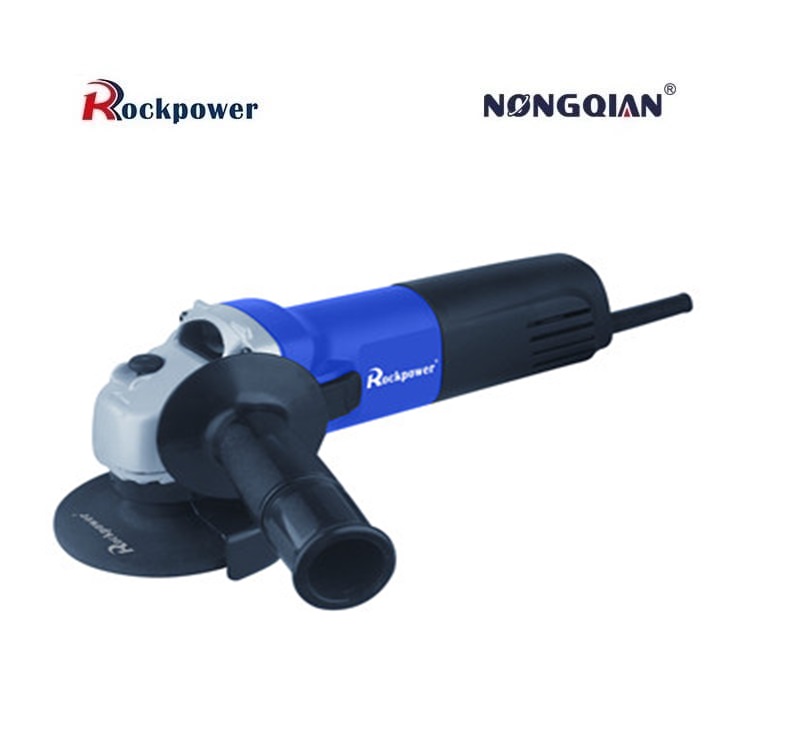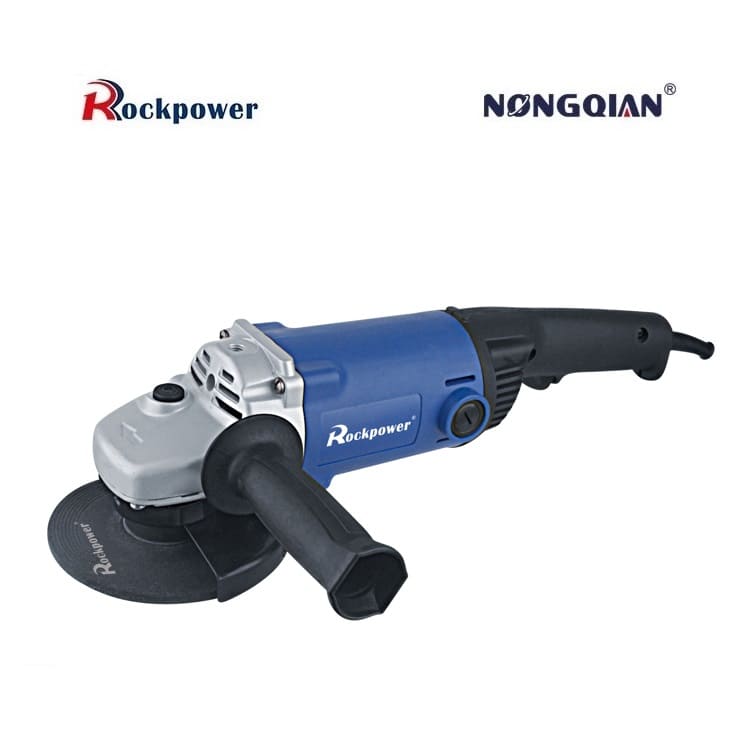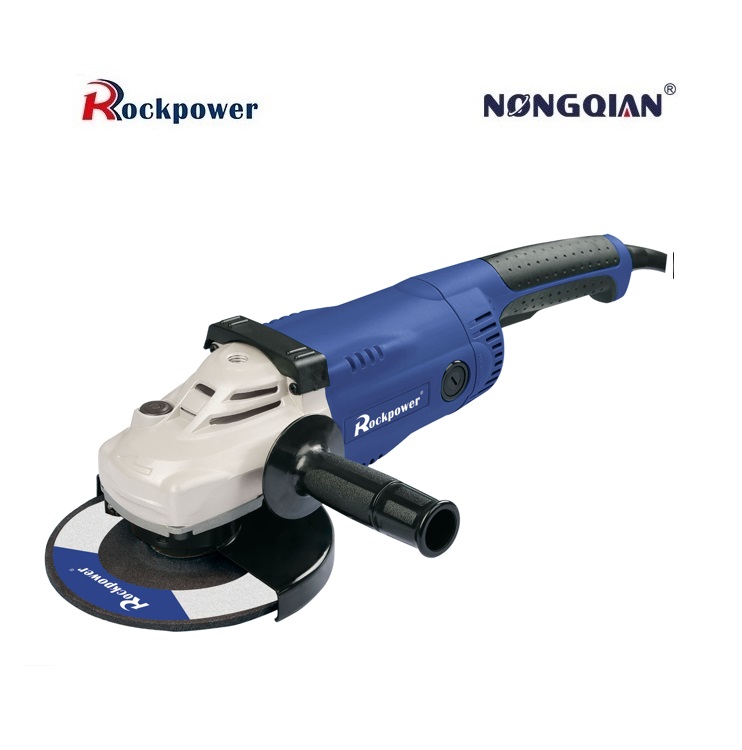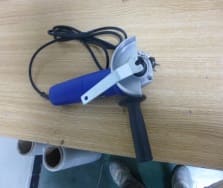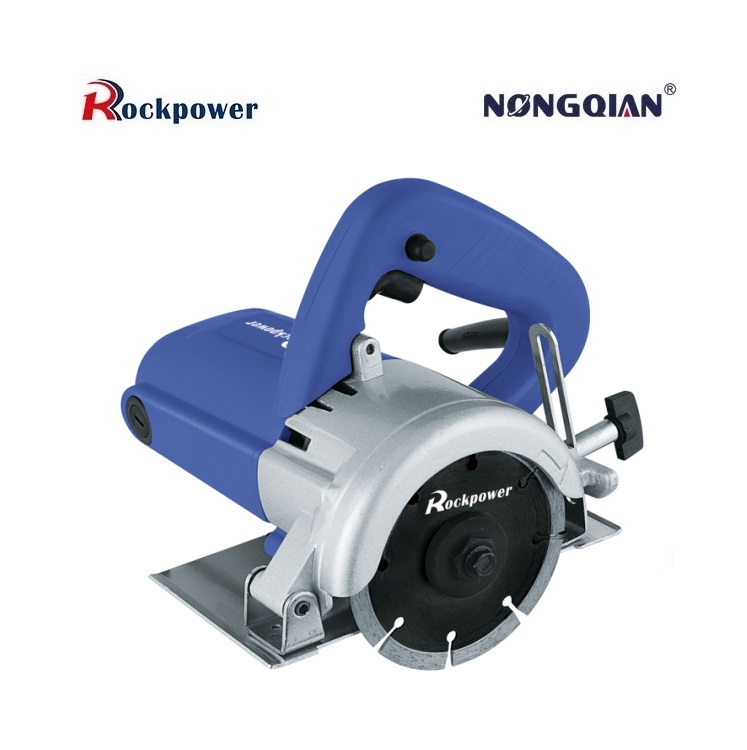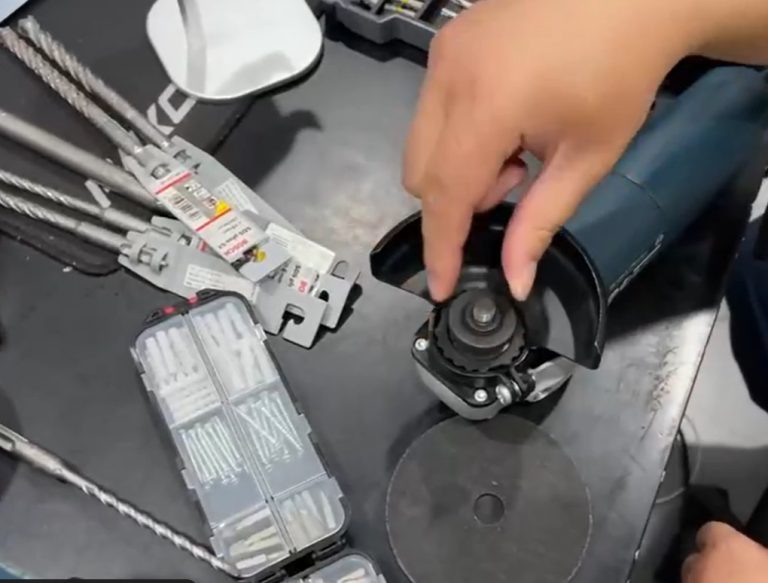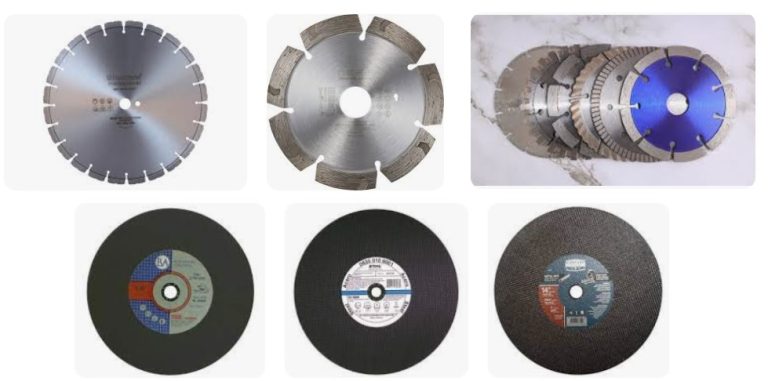Which is better, a 12V or 18V cordless drill?
- Generally speaking, an 18V cordless drill delivers more power than a 12V one. Higher voltage means the motor can generate greater power, providing stronger drilling or screw-driving capability. 18V drills typically offer higher torque, making them suitable for harder materials or larger screws. In comparison, 12V drills have lower torque and are better suited for softer materials or smaller screws.
- 18V Cordless Drill: Due to its high power and torque, it is more suitable for professional construction, heavy-duty tasks, or working with hard materials.
- 12V Cordless Drill: Thanks to its lightweight, portability, and relatively lower torque, it is better for home DIY projects, precision work, or handling lightweight materials.
- There are significant differences between 12V and 18V cordless drills in several aspects. First, in terms of voltage, the 18V drill has a higher voltage than the 12V model, meaning it delivers superior power and performance. Second, regarding power output, due to the voltage difference, the 18V drill provides stronger performance and can handle heavier tasks compared to the 12V drill. Additionally, in terms of battery life and runtime, although actual performance depends on factors like battery capacity, 18V drills generally have better battery life and endurance than 12V models.
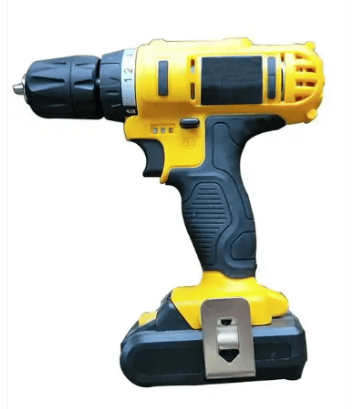
In conclusion, choosing between a 12V and an 18V drill mainly depends on specific usage needs and scenarios. For household users or those performing light-duty tasks, a 12V drill may be a more economical and portable option. For professional contractors or users dealing with heavy-duty work, an 18V drill will deliver stronger performance and higher efficiency.
Package of cordless drill: BMC+Accessories Set or Color Box. Price are different, click to know cordless drill price list.
Configuration of cordless Drill and pacakges:
Normally configuration also can customized according to customer requirement, such as Unit price(2pcs battery,1pc charger, BMC pack with accessories ); Unit price(Color box pack, 1pc battery,1pc charger without accessories); Unit price(only BMC pack without accessories, 2pcs battery, 1pc charger). Package all can customize.
You may also interest to read similar questions:
What to look for when buying a cordless drill?
When to use impact vs drill?
Is a brushless drill better?
What does “brushless” mean on a drill?
Are corded drills more powerful?
Is a hammer drill more powerful than a regular drill?

